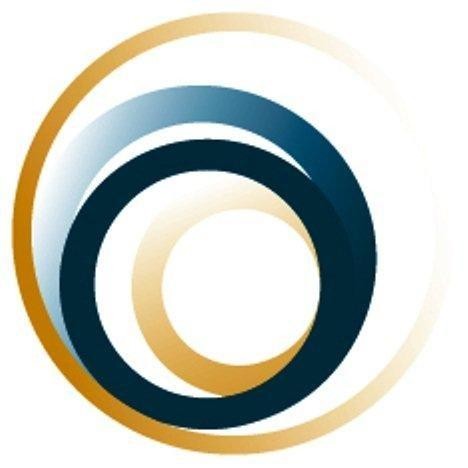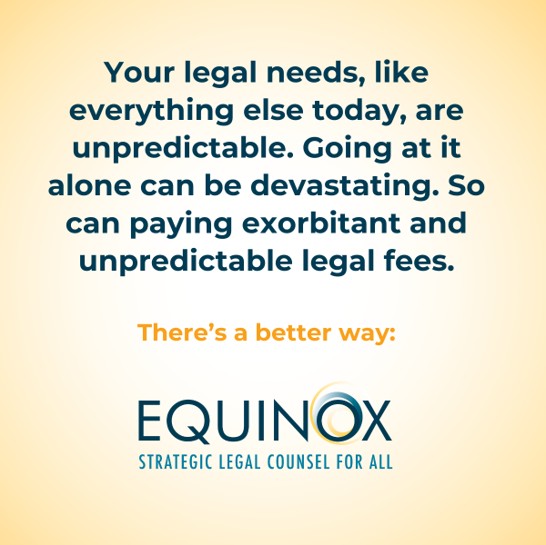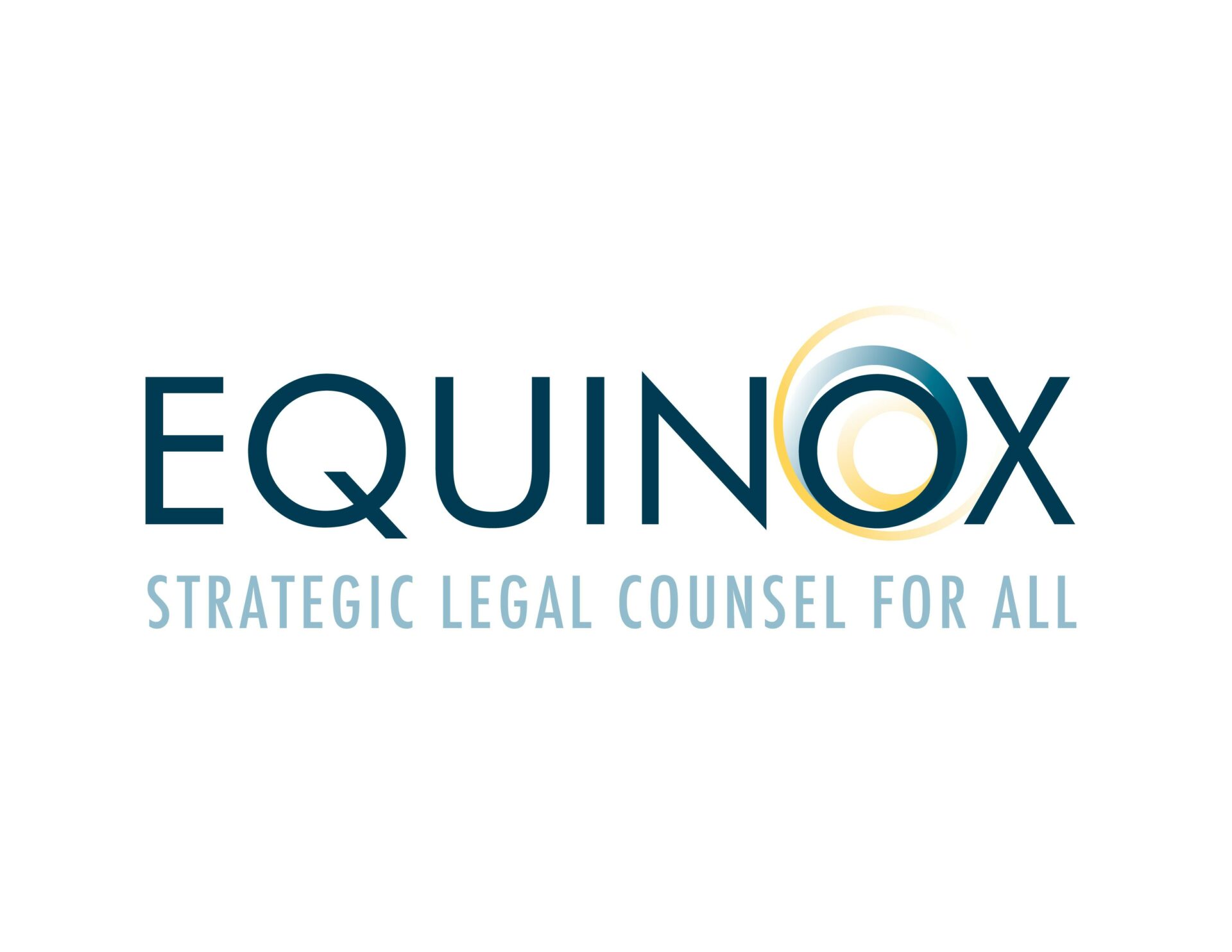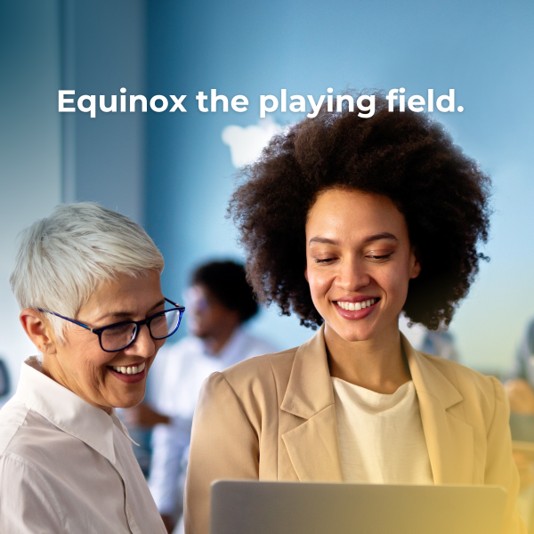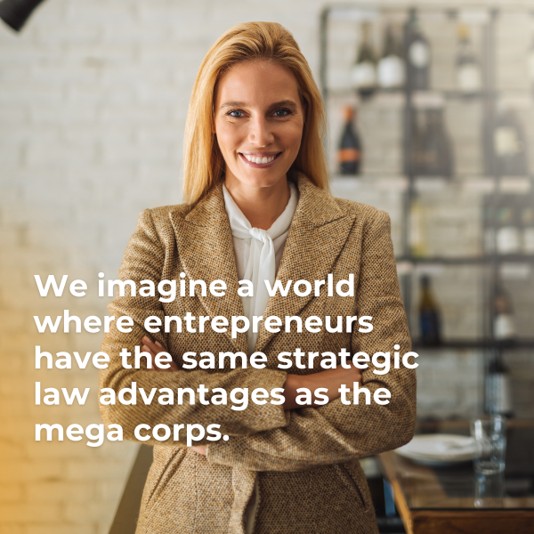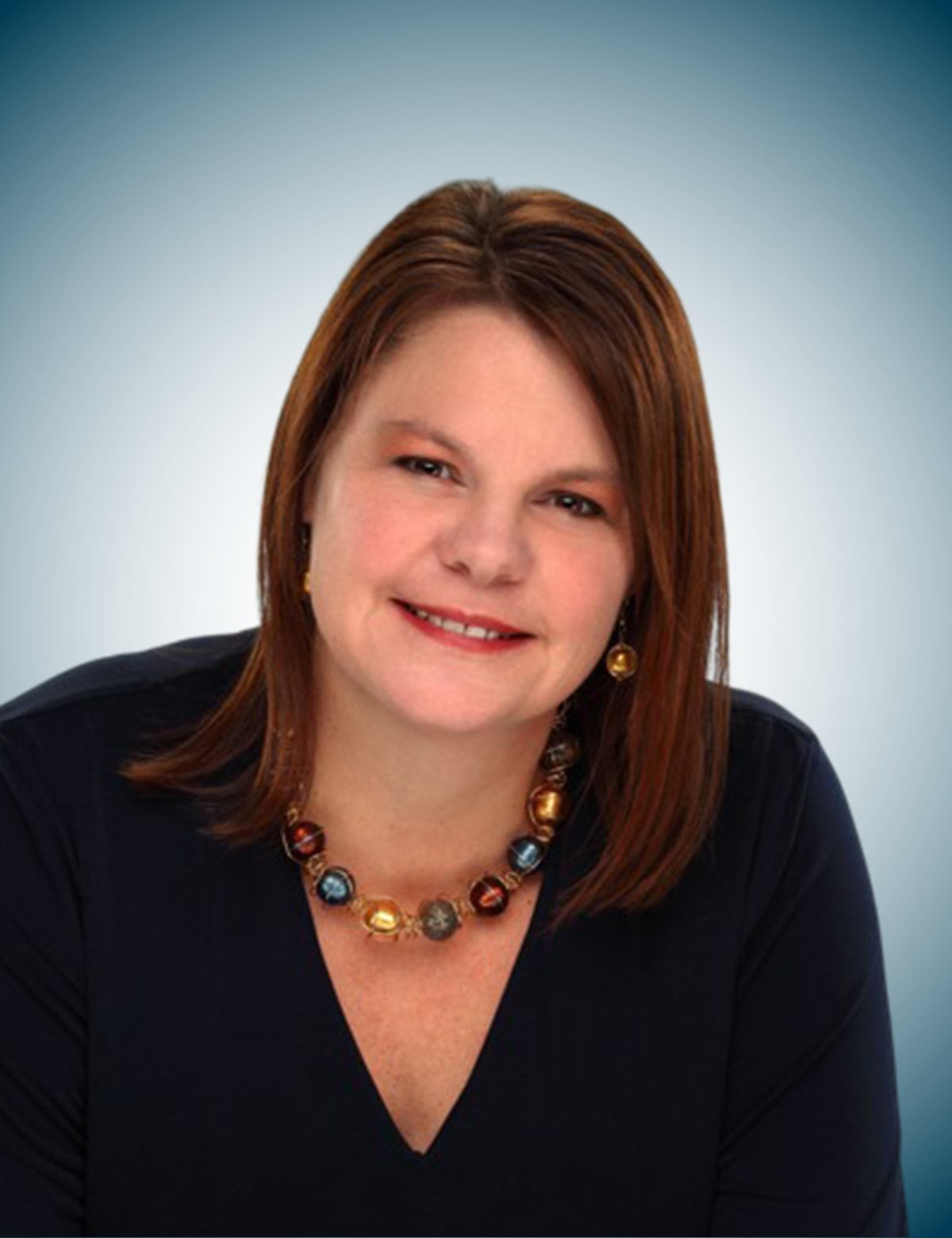We recently connected with Michelle Bomberger and have shared our conversation below.
Hi Michelle, really happy you were able to join us today and we’re looking forward to sharing your story and insights with our readers. Let’s start with the heart of it all – purpose. How did you find your purpose?
In law school, I was one of the founding members of the Small Business Opportunity Clinic, the first corporate transactional clinic in a US law school. The SBOC’s purpose was to provide students with hands-on corporate experience and to provide small businesses and non-profits access to affordable legal. I had never planned to practice law (I was also getting my MBA) and had not put much thought into the legal industry’s practices. This experience gave me an “a-ha” moment about how the legal industry’s practices are inconsistent and antithetical to clients’ needs. The industry is focused around – and explicitly encourages and rewards – billable hours; yet that is not customer-focused. For businesses, it translates into not calling the lawyer except in emergency or drastic situations. It results in little strategic planning around risk and constant firefighting.
My purpose is providing smaller companies the competitive advantage of a legal team that works with them day-to-day and understands who they are and where they are going. Large companies have a General Counsel, someone who is not simply fire fighting or tackling the day-to-day but someone who sits alongside the leadership team helping them to evaluate risk in each opportunity – whether that’s a contract, an expansion, a partnership, or a dispute. Smaller companies need this, too.
At Equinox, we’ve built a legal practice that provides entrepreneurs and small business owners the freedom and confidence to move their business forward. Legal is built into their decision making at a fixed price, so the leadership team can freely call, knowing that legal understands their business and risk tolerance, knows their strategy and can provide quick, pragmatic counsel without worrying about the cost. It’s a powerful relationship, rather than an avoided transaction – and it’s powerful!
Thanks for sharing that. So, before we get any further into our conversation, can you tell our readers a bit about yourself and what you’re working on?
I lead as an entrepreneur, seeking to solve a problem the industry has created. I am incredibly proud that Equinox has built a business model that challenges the status quo of the legal industry. Our model removes the barriers the industry creates by providing all-inclusive, fixed price solutions; pragmatic, business centric counsel; and responsive service. We provide smaller businesses the strategic, competitive advantage of legal that large companies have – a General Counsel that is an extension of the management team to tackle strategic risk management as well as tactical problem solving. Building a law firm that serves businesses well has been a challenge – we’ve had to find a way to offer a fixed price, all-inclusive solution given the variability of business and to build a team who can serve businesses in this way.
We recently launched our online Business Health Assessment to help inform business leaders of blind spots to help them proactively get ahead of risks and build for the future.
Here are some additional resources:
If you had to pick three qualities that are most important to develop, which three would you say matter most?
Optimism. I began the business 19 years ago, knowing the industry failed to serve businesses. They avoided calling legal because it was expensive, complicated, and condescending. I knew there was a better way – and we’ve done it.
Business First. Business First is one of our core values. Our work is first and foremost about helping business leaders move their businesses forward confidently and proactively. It means we need to be focused on what our business clients need for success — and aligning that with what Equinox needs for success as well.
Community. I’ve been in CEO peer groups most of my entrepreneurial journey. Having a group of people who have experienced similar issues and can share their ups and downs is an invaluable learning environment.
Advice:
– Culture matters. Establish core values and related behaviors and reiterate them constantly.
– Build and document systems and processes – My business would have grown much more quickly had I done this sooner.
– Find advisors or peers that you meet with regularly and who hold you accountable.
– Know the economic driver(s) of your business and stay focused on accelerating them.
Okay, so before we go, is there anyone you’d like to shoutout for the role they’ve played in helping you develop the essential skills or overcome challenges along the way?
I have been in peer advisory groups for most of my entrepreneurial journey. In 2018, I joined the Accelerator Program of Entrepreneurs’ Organization (EO). Accelerator provided me with learning content and an accountability group of my peers (very small businesses) to implement those learnings and tackle business problems generally. I joined EO in January 2024 and expected more business learning. EO has been entirely different – I’ve learned that I can do better than just “powering through” problems and emotions. I can (and must) grow as a person, as a leader. I found that curiosity would get me further than just getting it done. This has been an asset in my personal and professional relationships.
Contact Info:
- Website: www.equinox.law
- Facebook: https://www.facebook.com/Equinoxbusinesslaw
- Linkedin: https://www.linkedin.com/in/michellebomberger/
- Youtube: https://www.youtube.com/channel/UCTEE4EFZH16GE-1zkiEvFUg
- Other: Equinox LinkedIn: https://www.linkedin.com/company/equinox-business-law-group-pllc/
